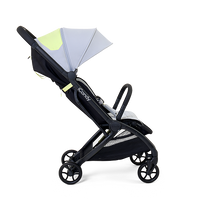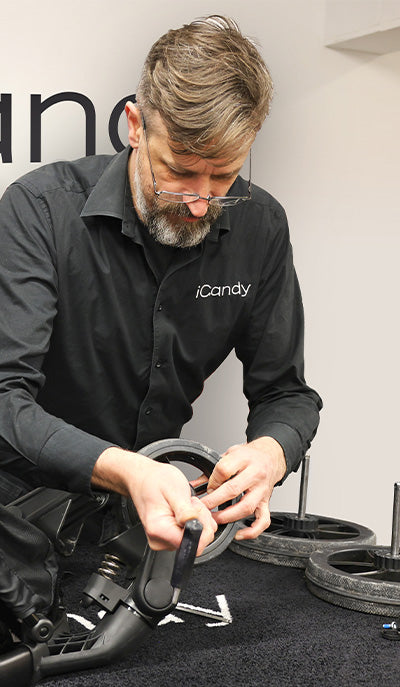- Peach 7 Sale: Shop Now
- £150 Off Peach 7 in Dark Grey & Ivy – Use Code SAVE150
- Discover iCandy Pip ✈️
Pushchairs
Shop All
 Peach 7
The definitive, luxury single to double pushchair
Peach 7
The definitive, luxury single to double pushchair
 Peach 7 STUDIO
Luxury Redefined
Peach 7 STUDIO
Luxury Redefined
 Orange 4
Define your style with ColourSplash Canopies
Orange 4
Define your style with ColourSplash Canopies
Travel Pushchairs
 Pip
Reach New Heights
Pip
Reach New Heights
iCandy's premium and timeless collection
 Biscotti
Sophisticated nearly-nude with subtle, creamy elegant fabrics.
Biscotti
Sophisticated nearly-nude with subtle, creamy elegant fabrics.
 Coco
Espresso-brown shimmering chassis with chic tawny fabrics.
Coco
Espresso-brown shimmering chassis with chic tawny fabrics.
 Pecan
Rich and and warm materials paired with a soft pecan-brown chassis.
Pecan
Rich and and warm materials paired with a soft pecan-brown chassis.
Designer Collection STUDIO
 Peach 7 STUDIO
Luxury Redefined
Peach 7 STUDIO
Luxury Redefined
All-Terrain Pushchair
 Peach 7 All-Terrain
Unleash the spirit of adventure
Peach 7 All-Terrain
Unleash the spirit of adventure
Bundles
Shop All
Explore Car Seat Bundles
 Peach 7 Car Seat Bundle
Save £344
Peach 7 Car Seat Bundle
Save £344
 Orange 4 Car Seat Bundle
Save £244
Orange 4 Car Seat Bundle
Save £244
 Core Car Seat Bundle
Save £800
Core Car Seat Bundle
Save £800
Explore Complete Pushchair Bundles
 Peach 7 Bundle
Save £294
Peach 7 Bundle
Save £294
 Orange 4 Bundles
Save £159
Orange 4 Bundles
Save £159
 Core Bundle
Save £629
Core Bundle
Save £629
Accessories
Shop All
By Collection
By Accessory
 Parasols
iCandy keeps your little one safe and comfortable in any weather.
Parasols
iCandy keeps your little one safe and comfortable in any weather.
 Footmuffs
Embrace cosy outings with iCandy.
Footmuffs
Embrace cosy outings with iCandy.
 Bags
Discover versatility and convenience with the iCandy Changing Bags.
Bags
Discover versatility and convenience with the iCandy Changing Bags.
 Converters
Effortlessly connect your iCandy pram with our reliable pram clamps and pram adaptors.
Converters
Effortlessly connect your iCandy pram with our reliable pram clamps and pram adaptors.
 Carrycots
Carrycots can play an essential part in the first months of a baby's life, and that’s why we’ve taken such care when designing our range here at iCandy.
Carrycots
Carrycots can play an essential part in the first months of a baby's life, and that’s why we’ve taken such care when designing our range here at iCandy.
Spares
Shop All






































































